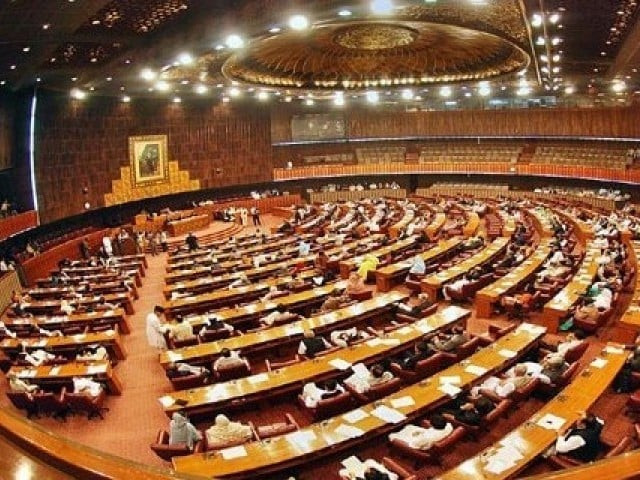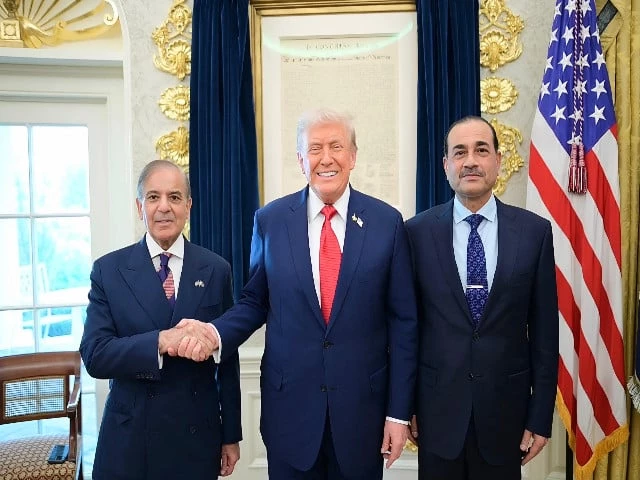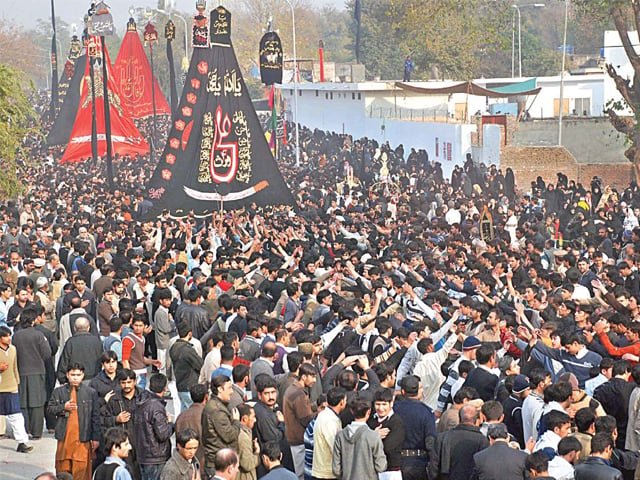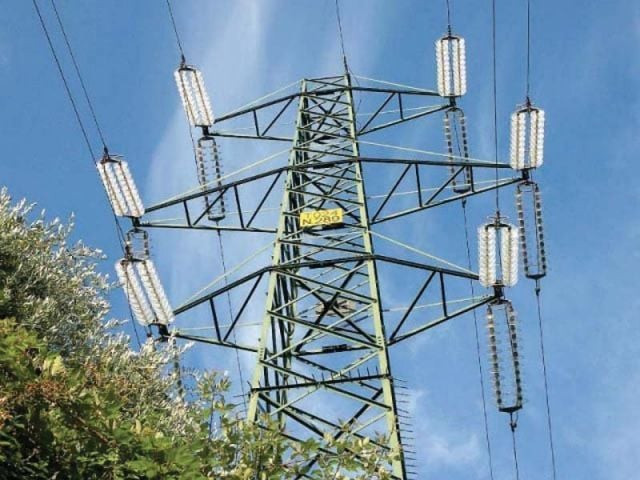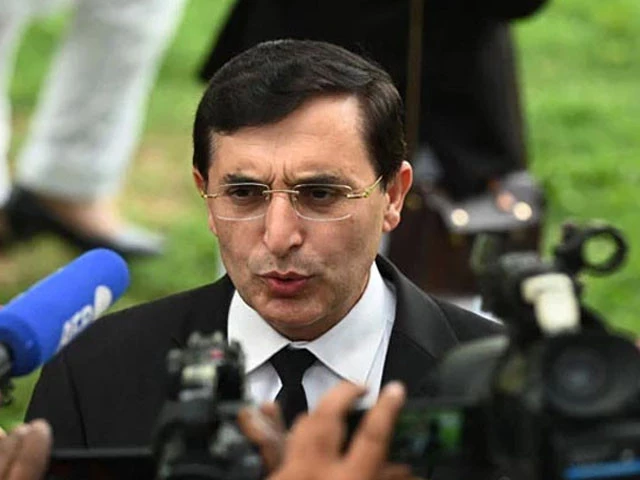Political Tensions Rise in Pakistan: A Closer Look at the Sindh-Punjab Conflict
In recent days, political tensions have hit a boiling point in Pakistan, particularly between the governments of Sindh and Punjab. The situation escalated dramatically when President Asif Ali Zardari summoned Federal Interior Minister Mohsin Naqvi for urgent discussions in Karachi, aiming to mitigate the rising discord. This request was prompted by an ongoing war of words between the Pakistan Muslim League-Nawaz (PML-N), which rules Punjab, and the Pakistan Peoples Party (PPP), in power in Sindh.
The heart of the conflict lies in the distribution of aid for flood victims, a pressing issue given the recent devastating floods affecting millions. The two provincial governments have criticized each other’s handling of relief efforts, leading to sharp exchanges and walkouts in both the Senate and National Assembly. PPP lawmakers notably protested against comments they found "inappropriate," warning that the political rivalry is undermining national unity at a time when unity is crucial for aiding the suffering masses.
Notably, the Sindh government has pushed for using the Benazir Income Support Programme (BISP) as the channel for flood relief, while the Punjab government, led by Chief Minister Maryam Nawaz, has firmly rejected this approach. This disagreement has sparked a back-and-forth of public press conferences, where leaders from both sides have traded barbs rather than focusing on the urgent needs of flood victims. As PPP Parliamentary Leader Sherry Rehman put it, “Instead of strengthening people, we are weakening them,” emphasizing the latest political fray is impeding the collective efforts needed to address the crisis.
Meanwhile, Pakistan Tehreek-e-Insaf (PTI) leader Barrister Ali Zafar joined the fray, criticizing both governments for their apparent lack of action and accusing them of turning a tragedy into a publicity contest. He stated pointedly, “People are dying in floods while Sindh and Punjab leaders are competing for photo sessions and press conferences.” This sentiment resonates with many citizens who feel overlooked and frustrated by the political maneuvering when immediate action is needed.
In both houses of parliament, the rhetoric has only grown sharper. While PPP lawmakers continue to demand accountability and respect, opposition members have urged a united front under the pressing circumstances. The urgency of the flooding crisis demands that political leaders prioritize their constituents’ needs over political posturing.
As these conflicts continue, it reminds us how vital it is for political leaders to come together for the greater good. While differences will always exist, the overarching goal should be the welfare of the citizens they serve.
For more discussions that delve into current affairs and their implications, feel free to connect with us at Pro21st. We’re dedicated to providing insights that matter to you.
At Pro21st, we believe in sharing updates that matter.
Stay connected for more real conversations, fresh insights, and 21st-century perspectives.

